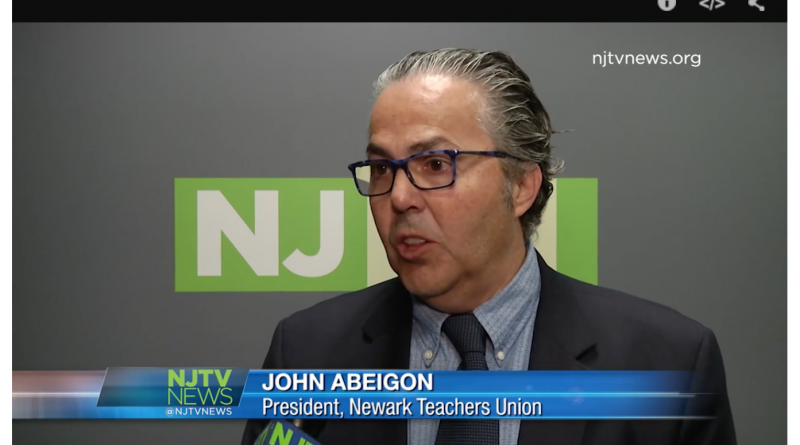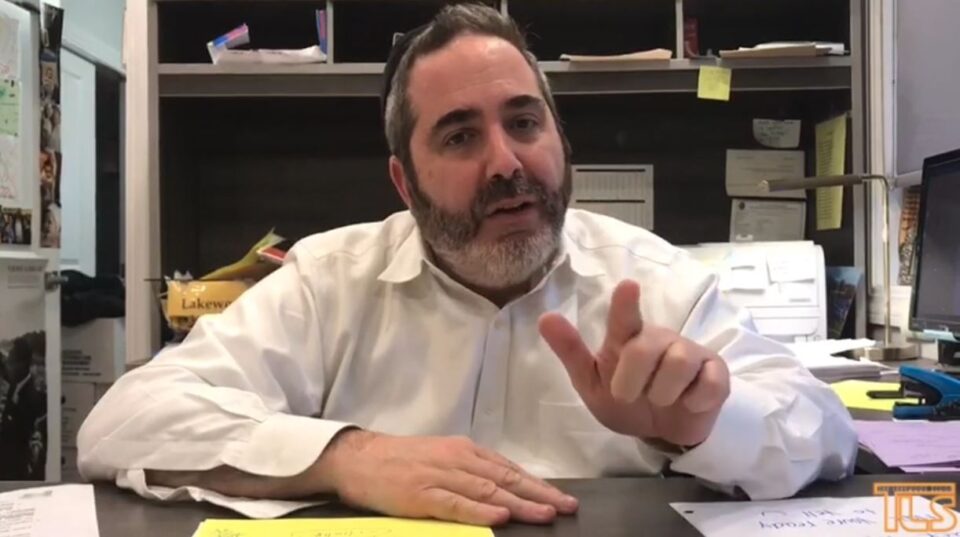QOD: Why do Teachers with M.A.’s Get More Money?
June 6, 2014Why Do Asian-American Students Have an Academic Advantage over White Students?
June 10, 2014Sunday Leftovers
Last month the ACLU warned NJ school districts that they can’t require government-issued ID’s during school registration because such a requirement could discriminate against undocumented parents and dissuade them from enrolling children. Most districts complied with ACLU’s demands, but seven haven’t and are now subjects of lawsuits: Old Bridge Township, North Brunswick, Perth Amboy, Galloway Township, Audubon, Gloucester Township and Somerdale Park. (Star Ledger)
The New York Times Editorial Board comments the latest “stain on [Gov. Christie’s] resume,” i.e., backtracking “on a promise to repair the state’s pension system.”
A lot of those workers are now understandably angry, and some have vowed to sue to extract more money from the budget for the state’s pension reserves. Closing the budget deficit should not be an insurmountable problem. Some legislators are pushing for modest tax increases to shift the burden from the pension system. But the governor and his people insist that taxes are high enough. And they know that raising taxes could well disqualify any Republican governor with White House ambitions.
Mr. Christie points out that he did not create many of the economic problems in his state. And he complains that the rating agencies “downgrade people who continue to act responsibly.” But failing to fund pension obligations properly is not a responsible act. Unless he does so, his claims to fiscal prudence will be nothing more than bluster.
Michael Heinz, science coordinator for the New Jersey Department of Education, explains to EdWeek why new science standards could hit the rails and fail to gain approval in July:
“External political influence that has an issue with human-induced climate change or evolution,” he said. “Those are really the only two things.”
The common science standards state that human activities are “major factors” in global warming and that “common ancestry and biological evolution are supported by multiple lines of empirical evidence.” In fact, evolution is featured in the new standards as a critical concept for understanding the life sciences.
That said, opponents on the basis of those factors “haven’t come out of the woodwork yet [in New Jersey],” Heinz told me. “And our current standards have both those ideas in them already.”
NJ Spotlight reports that “a landmark court settlement that requires the state to better monitor and enforce laws requiring the “least restrictive environment” for special-education students is starting to filter down into scores of school districts across New Jersey. The state Department of Education this spring finished up its first meetings with 76 districts affected by the agreement reached this winter.”
Speaking of special education, Central Jersey reports that “[a] state appellate court has upheld the firing of a tenured special-education teacher for inappropriate conduct, including using profanity in the classroom, assaulting a student and telling her students, who were predominantly black, that they were ‘acting like monkeys’ and ‘stupid’.”
50CAN University, in conjunction with the Thomas Fordham Foundation, is offering an on-line course called “Education Reform 101.” Any one interested in learning about education policy can sign up here.
Richard Whitmire on the president of the UFT’s war on education reform and why parents won’t forgo school choice:
Mulgrew, the president of the United Federation of Teachers, last week bragged to his 3,400-member Delegate Assembly that the recent contract negotiated with New York’s very progressive Mayor Bill de Blasio was the union’s best shot at winning the war with reformers.
Press was barred from the event, but a Chalkbeat reportergot a recording that also captured Mulgrew bragging that his position on new teacher evaluations had been designed to “gum up the works”-a strategy he said had unfolded perfectly.




